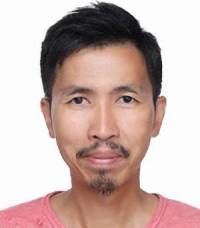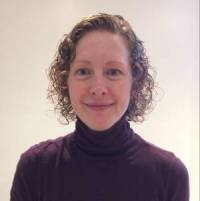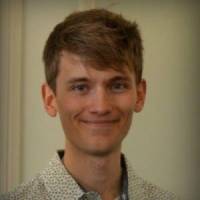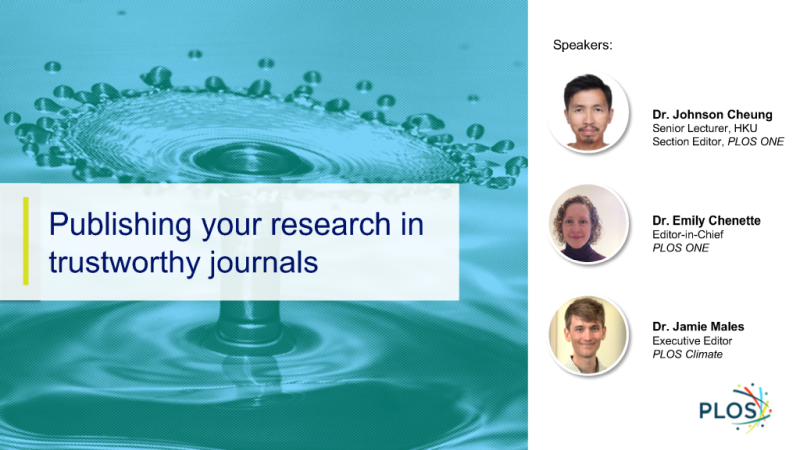Publish and share your research: Suggestions from Editors and Librarians
Publishing Your Research in Trustworthy Journals
The University of Hong Kong Libraries
For science to truly benefit society, we need to build trust by demonstrating that the research has been rigorously and ethically conducted. Invalid scientific claims and unethical science can hurt people and society. As a researcher, how do you choose a journal or publisher that is trusted by the scientific community?
In this session, Dr. Johnson Cheung, Senior Lecturer (HKU), and Section Editor (PLOS ONE), will share his experience on how he chooses which journals to publish in - what are the markers of quality, and how you can identify and detect predatory journals. Dr. Cheung will also share his perspective as a member of the editorial board of several journals.
Dr. Emily Chenette, Editor-in-Chief (PLOS ONE), will share a “behind the scenes” look at how journals identify trustworthy and reproducible research through the editorial process, and why this is important.
Finally, Dr. Jamie Males, Executive Editor (PLOS Climate), will talk about how PLOS Climate supports the climate research community to increase the impact of their work, and advance action on the UN Sustainable Development Goals.

Johnson received his BSW, MSocSc, and MBC from HKU, MA in Philosophy from CUHK, and DSW from PolyU. He is a registered social worker and Senior Lecturer of the Department of Social Work and Social Administration. He has extensive experience in journal reviewing and editing work. He was awarded “Top Peer Reviewer in Social Sciences” by Publons of Clarivate Analytics in 2019 and had reviewed over 300 manuscripts for more than 50 social work and social science journals mainly indexed in the Web of Science Core Collection. He is currently serving on a number of editorial boards of social sciences and interdisciplinary journals published by various publishers including PLOS, Oxford University Press, Elsevier, SAGE, Taylor & Francis, and Wiley. He has been the Section Editor (Sociology) of PLOS ONE since 2021.

Emily studied biochemistry at Columbia University as an undergraduate, and went on to earn her PhD in genetics and molecular biology from the University of North Carolina at Chapel Hill. She then completed postdoctoral research at Duke University, where she analysed gene expression signatures in lung cancer. She held editorial positions at Nature Cell Biology and The FEBS Journal before joining PLOS ONE in 2018. She became Editor in Chief of PLOS ONE in 2021, and is committed to helping researchers around the world share knowledge and publish high-quality research that is accessible to all.

Jamie received a BA in Biological Sciences from the University of Oxford, where he developed a fascination with plant ecophysiology, before undertaking a PhD in Plant Sciences at the University of Cambridge. His doctoral research focused on the physiological drivers of climatic niches in tropical plants. He has performed fieldwork in the Caribbean, Central America, Mexico, and Australia, and has participated in a range of science education and outreach initiatives. Through interacting with researchers in a wide range of countries and contexts, Jamie developed a keen interest in Open Access and Open Science, leading him to join PLOS in June 2017. He has been the Executive Editor of PLOS Climate since 2021.
